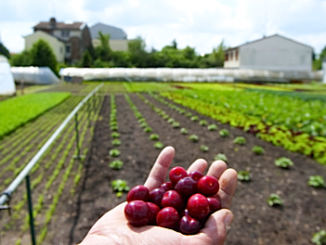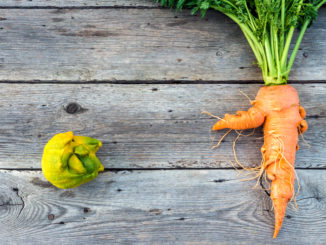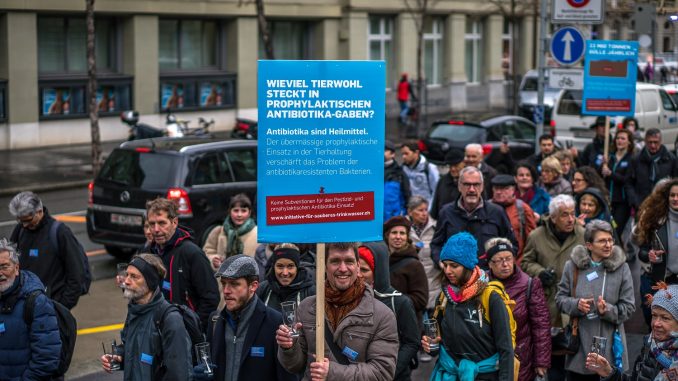
Swiss Study Backs Water Clean-Up
As part of Switzerland’s groundwork for its Clean Drinking Water Initiative, the Swiss federal government’s food and environmental agency Agroscope has completed a second, detailed study on the environmental impact the clean drinking water initiative can achieve. Peter Crosskey found that Agroscope’s preliminary findings suggest that while the country could indeed reduce pesticide levels in its drinking water, the gains would be eroded by the current carbon footprint of imported foods. […]





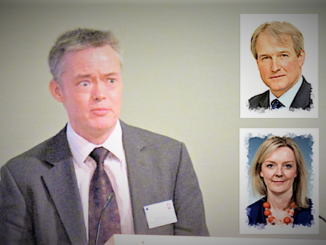
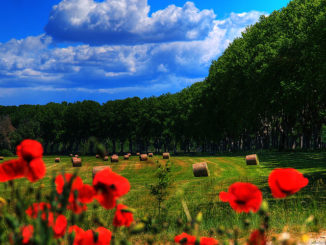

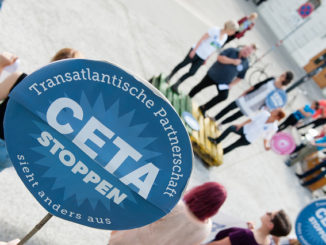



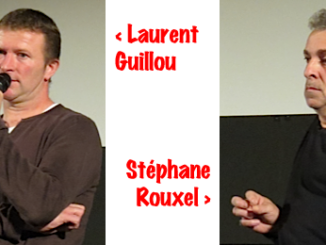
![Base map by Llywelyn2000 (Own work) [CC BY-SA 4.0 (http://creativecommons.org/licenses/by-sa/4.0)], via Wikimedia Commons](https://www.arc2020.eu/wp-content/uploads/2016/09/500px-264px-glomel-featured-no-caption-326x245.png)
